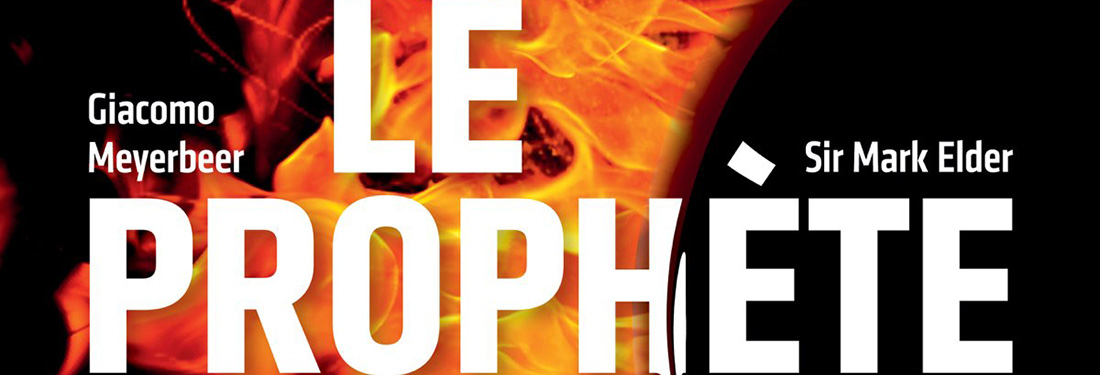

Soprano Bruno de Sá “confidently sails through a rare and challenging program of arias written for soprano castrati who impersonated women in Roman theaters.”
Continuing the trend of bringing the composer’s oratorios onto the opera stage, Theodora was performed last year at Covent Garden in a controversial new Katie Mitchell staging. It was preceded by an international concert tour featuring an all-star lineup of Lisette Oropesa, Joyce DiDonato (who also sang Irene in the London production), Paul-Antoine Bénos-Djian, Michael Spyres and John Chest, with Maxim Emelyanychev leading Il Pomo d’Oro and its chorus. The final stop on the tour in Essen was recorded by Erato and released this fall.
Though often quite fine, the three-CD set of Handel’s moving work about Christian conversion and sacrifice turns out to be less than the sum of its considerable parts. The five soloists excel individually yet as a group they lack cohesion and chemistry. Though the recording stems from a live performance, it often sounds instead like a sterile studio project.
For example, DiDonato does some extraordinary things in her arias but her very inward Irene feels far too grandly self-conscious for Theodora’s supportive companion.
As the brutal Velens Chest’s vigorous baritone makes its mark; however, while Spyres impresses with fluent coloratura and forthright diction, his Septimus fails to form an urgent connection with Bénos-Djian’s smoothly earnest Didymus.
The most problematic feature of the recording is Oropesa, whose complex vibrato lacks the serene purity one wants for the saintly Theodora. She sings with conviction but her added ornaments take her too high and the tone turns pinched. Also, she and Bénos-Djian clash rather than blend in their important duets. I’ve heard Oropesa in Handel before: recordings of live performances of Giulio Cesare and Serse, but those were from a decade ago. I imagine she’d be a fine Cleopatra or Semele nowadays but Theodora just isn’t a good fit.
Though a Handel oratorio novice, Emelyanychev draws vibrant playing from his orchestra and his sixteen-member all-Italian chorus perform with impressively idiomatic command. This brave Theodora is a valiant effort but ultimately can’t compete with the legendary Glyndebourne production which has been released both on video and CD (neither currently commercially available).
Three numbers from Theodora also appear on “Eternal Heaven,” an inviting Erato CD of excerpts from twelve Handel oratorios with Lea Desandre and Iestyn Davies accompanied by the ensemble Jupiter led by Thomas Dunford. The two singers are too a bit of a mismatch with his sincere if bland professionalism coming up against her youthful and impetuous engagement.
The disk gets off to an odd start with a duet arrangement of the familiar “Eternal Source of Light Divine” but soon profitably ventures into less less-traveled byways with bits from The Choice of Hercules, Susanna, Occasional Oratorio and The Triumph of Time and Truth.
Those few listeners eager to hear Davies tackle Juno’s fiery “Hence, Iris, hence away!” from Semele will now have their chance. Otherwise, the disk finds the countertenor on congenial ground, familiar from “Thy Tuneful Voice,” his very best recording.
Dunford and his nine instrumentalists provide lively support but their occasionally scrawny sound does Handel a disservice, particularly in comparison to Il Pomo d’Oro’s plush. Though Desandre’s delectable solos are a must, an earlier CD by Carolyn Sampson and Robin Blaze does more justice to a number of these duets.
While I was attending live performances by North American countertenors Reginald Mobley and Christopher Lowrey, I was also listening at home to new solo recital CDs by a pair of attention-grabbing South American male sopranos: Samuel Mariño and Bruno de Sá. Many photos accompanying both releases prominently feature the singers in flamboyant outfits and makeup. And their respective titles “La Sopranista” and “Roma Travestita” clearly embrace fashionable gender-bending.
A rare Decca vocal release these days, Mariño’s follow-up to his promising debut CD “Care pupille” has likely reached a bigger audience that his first, but it seriously disappoints. Even in the best studio conditions, his voice often sounds puny and strained. Piping high notes sometimes hit their mark but more often emerge squeezed.
While the earlier recording emphasized rare arias by Handel and Gluck, “La Sopranista” includes tried-and-true warhorses like Orfeo’s lament and Cherubino’s “Voi che sapete” which compare poorly to myriad competing versions. Likewise, Sifare’s sublime “Lungi da te” from Mitridate, Re di Ponto needs a more ample soprano.
The inclusion of the overture and two arias from Joseph Bologne’s L’Amant Anonyme and a rondo from Cimarosa’s Oreste are welcome, but the CD lasts less than an hour. Many of the ungenerous comments spilled about “La Sopranista” are fair, but it should be rememberd that Mariño has recorded a fine Pergolesi Stabat Mater with Filippo Mineccia and a broadcast of Graun’s Silla from last year’s Innsbruck Early Music Festival found him singing very well.
For those curious to hear him in person, he’s appearing soon in southern California with Camerata Pacifica and in Toronto with Tafelmusik. I’m hoping some parterre readers will attend and report back.
On the other hand, “Roma Travestita,” de Sá’s CD from Erato, is one of the most pleasing recording debuts in years. The young Brazilian confidently sails through a rare and challenging program of arias written for soprano castrati who impersonated women in Roman theaters due to a Papal ban on women on stage. The arias by obscure composers like Rinaldo di Capua, Conforto, Cocchi, Arena and Garcia Fajer are often world premiere recordings that surprise and astonish. While he can toss off brilliant coloratura, he’s equally adept at inviting tears with poignant adagio arias.
Some of the very highest notes might become unduly piercing, but most ring out thrillingly. Some wise producer must have placed the sparkling aria from Piccinni’s La Buona Figliuola at the end to remind us of Joan Sutherland’s famous recording of it. Unlike many men singing this repertoire, De Sá has already learned the secret of making both musical and dramatic sense of the da capo form so that his A repeats are particularly satisfying.
Where Mariño might not have found the same rapport with his “Sopranista” conductor Andrea Marcon that he had with Michael Hofstetter on “Care pupille,” de Sá has a brilliant collaborator in harpsichordist/conductor Frances Corti who partners with Il Pomo d’Oro in richly performed accompaniments. Mariño’s voice may inevitably strike many as foreign and off-putting, but after the first aria or two on “Roma Travestita” one forgets the singer is a male soprano. In fact, that happened to me when I unexpectedly encountered de Sá on a recording of Bononcini’s Polifemo.
After so many “guys who sing high,” it was a pleasure to sit down with Swiss soprano Marie Lys’s “Amate Stelle” on Glossa with Andrea Buccarella leading the Abchordis Ensemble. Like so many baroque recital CDs, hers is devoted to works created by a famous 18th century singer—in this case Anna Maria Strada aka Anna Strada del Pò. Karina Gauvin beat Lys to the repertoire here although Gauvin’s Strada CD includes primarily music by Handel. In her collection, Lys also programs arias by Porpora, Sarro, Galuppi Ristori and Leo.
Lys’s cool, limpid soprano avoids the twee straight-toned mannerisms that can afflict female performers in this repertoire. She might lack a true trill she brings a ringing top and a lively rhythmic verve to her music and decorates her da capos with tasteful, exciting virtuosity. Particularly delightful is a bucolic aria from Vinci’s Eraclea which features Giovanni Battista Graziadio’s expressive sopranino recorder.
Released in January, Lys’s recording has inexplicably been sitting on a shelf since it was recorded in October 2019. She recently made headlines when she filled in on short notice for Cecilia Bartoli as Alcina (a role Strada created) in Florence. Although Lys includes a lovely rendition of the sorceress’s “Ah, mio cor!” on this disk, I imagine she’d be an ideal Morgana, a role she has also performed. Lys stars as Semele at this spring’s Göttingen Handel Festival.
While I’ve spent many hours listening to 18th century music, my favorite CD of late has been Damian Guillon and Le Banquet Céleste’s divine recording of three of Purcell’s Royal Odes.
During the 1990s my CD player often was spinning one of the eight disks of Robert King’s revelatory Hyperion set of all of Purcell’s odes and welcome songs.
While others have since released their own versions of these rarely performed works including two new disks by King returning to them after a few decades, I’ve loved none of them as much as countertenor-and-now-conductor Guillon’s delicately seductive traversals of “From Those Serene and Rapturous Joys”; ”Fly, Bold Rebellion”; and “Why are all the Muses Mute.”
Among the eight soloists who also perform the choruses, the standouts are tenor Zachary Wilder who partners with cellist Julian Barre in a hypnotic “Welcome, more welcome does he come” and Bénos-Djian who once again singing in English dispels all my reservations about Theodora.
His sublime “Britain, thou now art great” and its irresistible lilting closing ritornello have been on repeat for months. My intoxication with this CD (and yes, all the recordings mentioned today I’ve been listening to on CD) led me to buy brother-in-law a copy for a gift: he too loves baroque music much to my sister’s consternation.
Happy Birthday to Il Caro Sassone and fellow Handel-lover Callum John Blackmore!
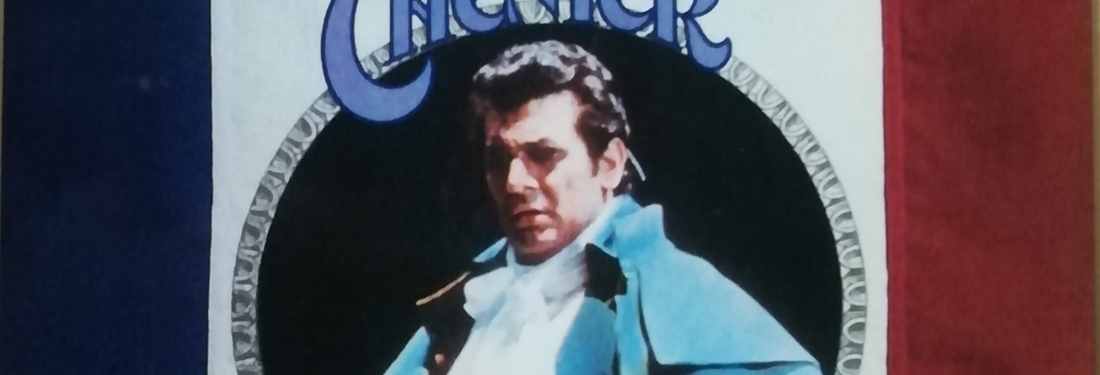
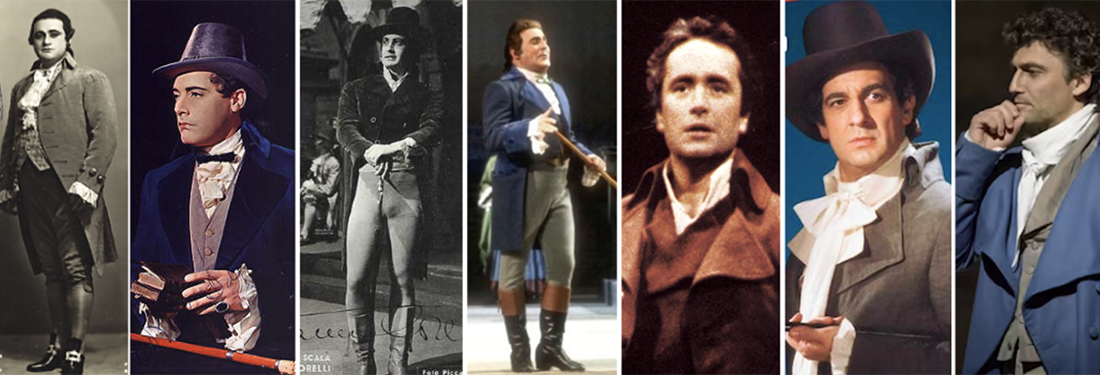
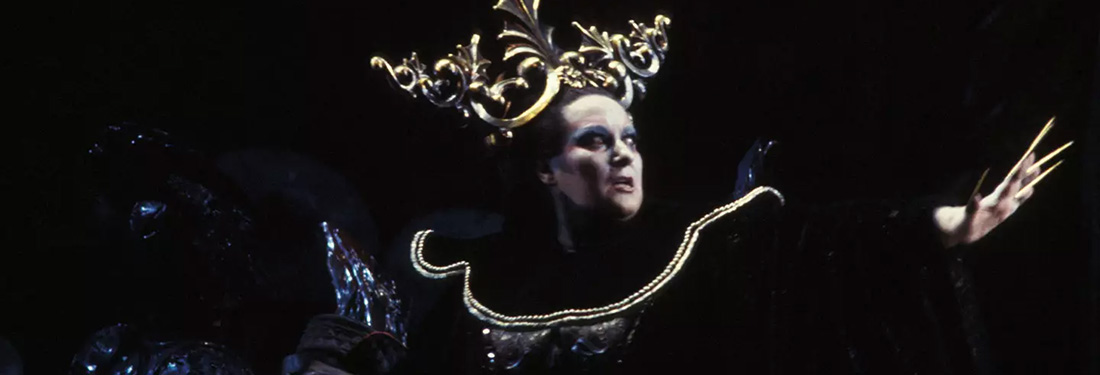
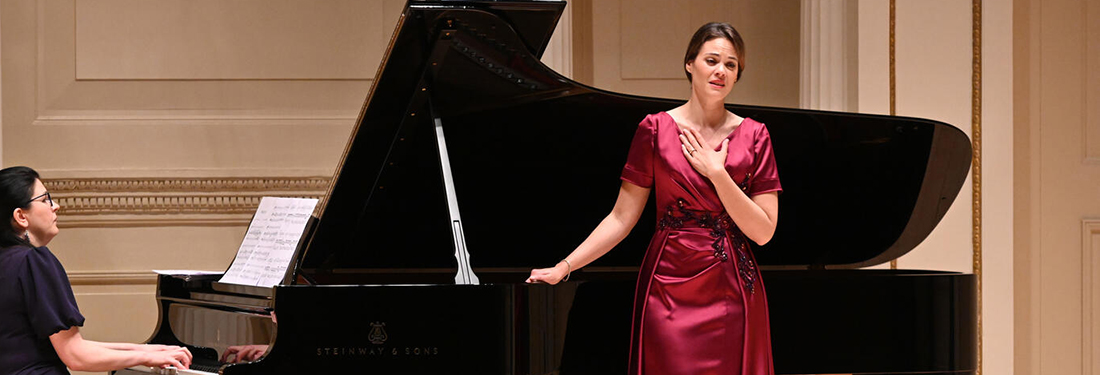
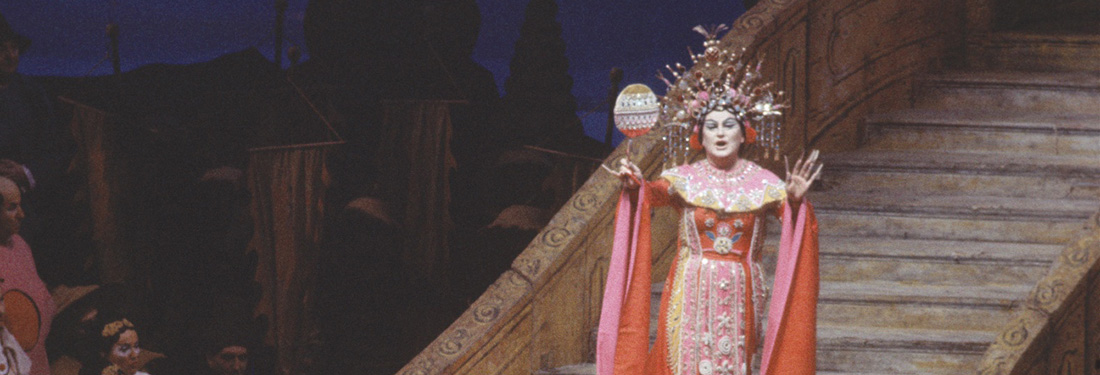
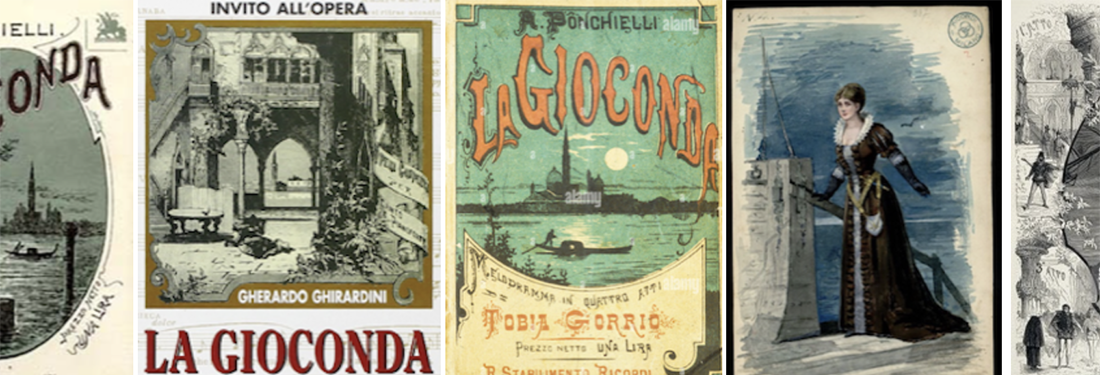
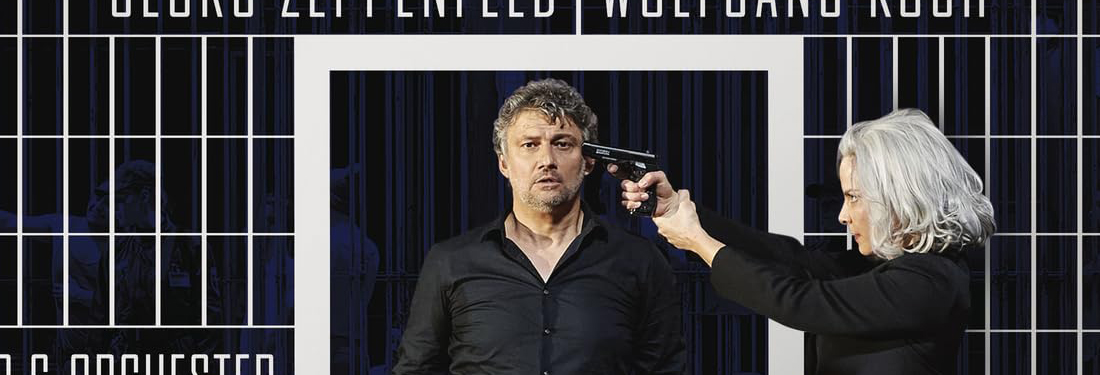
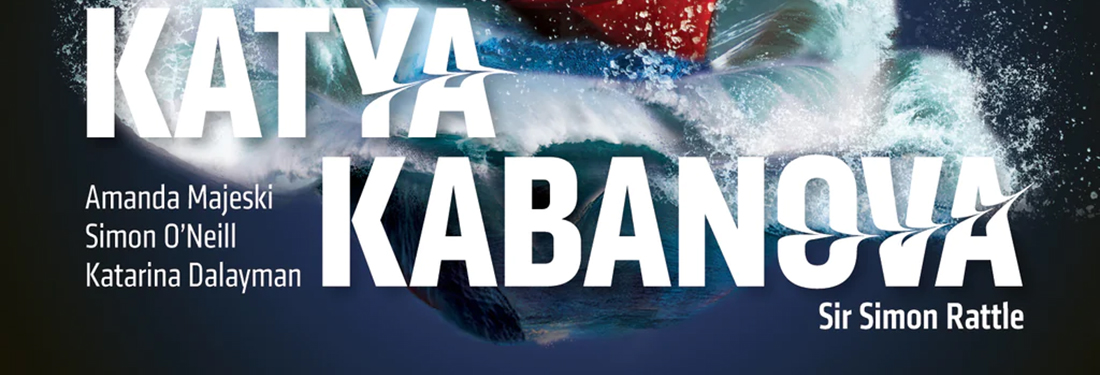
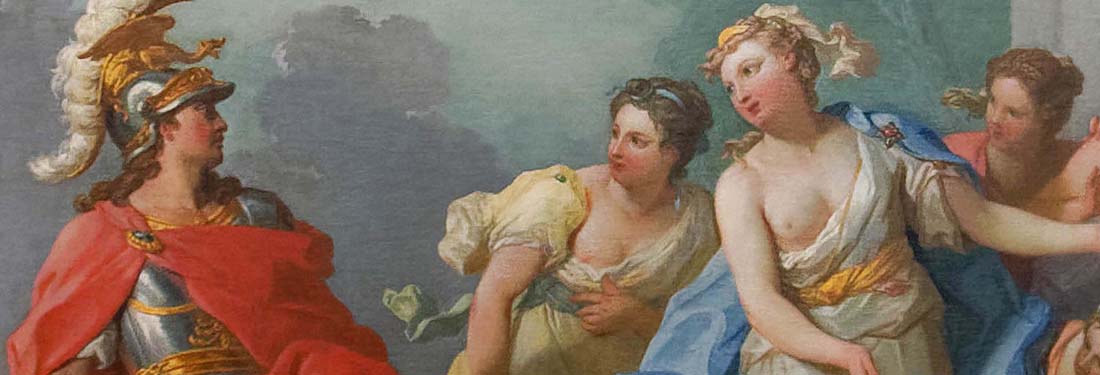
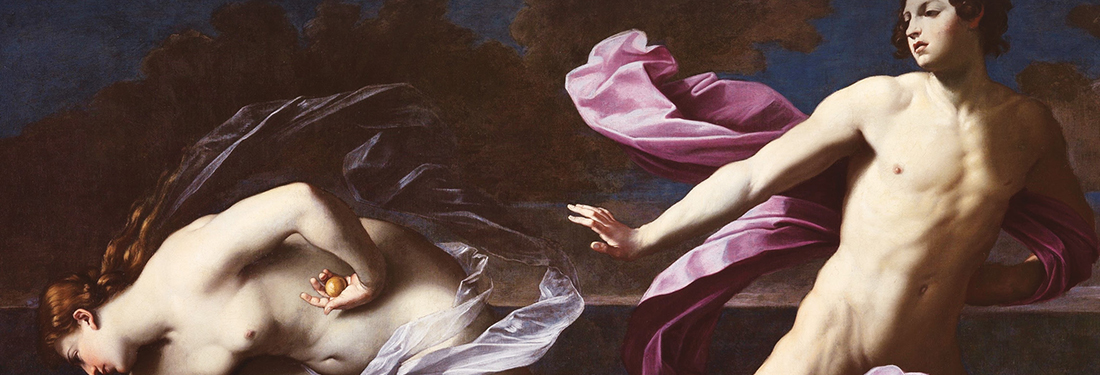
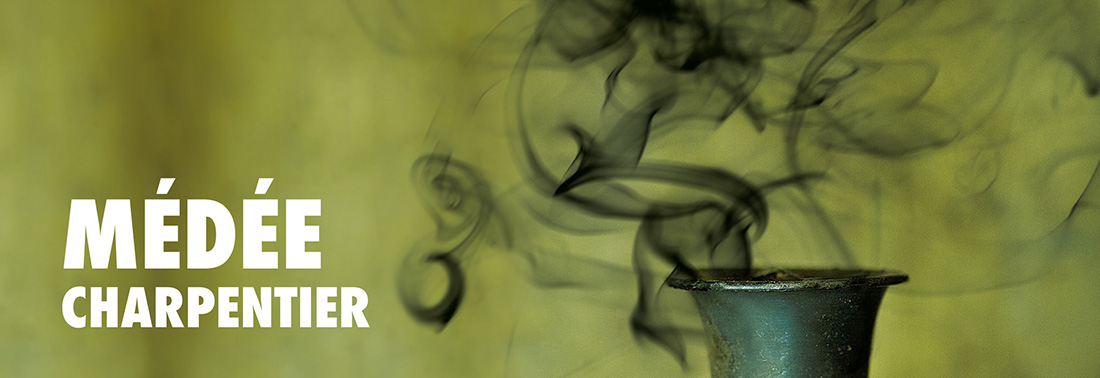
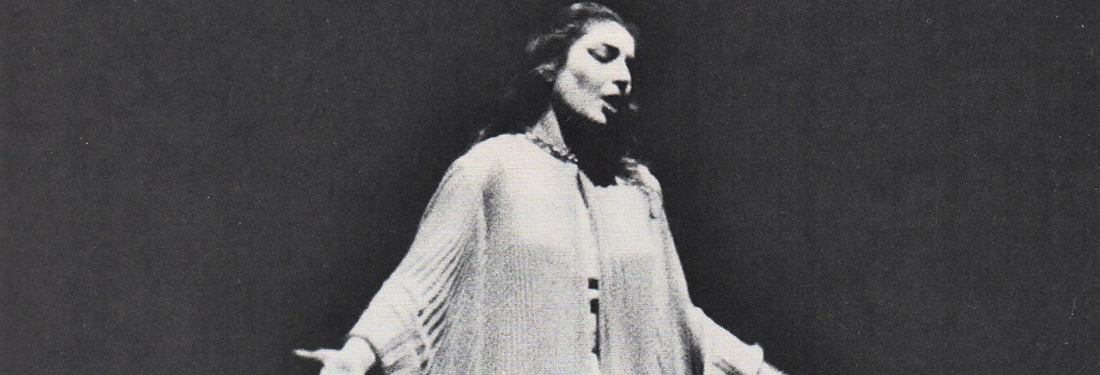
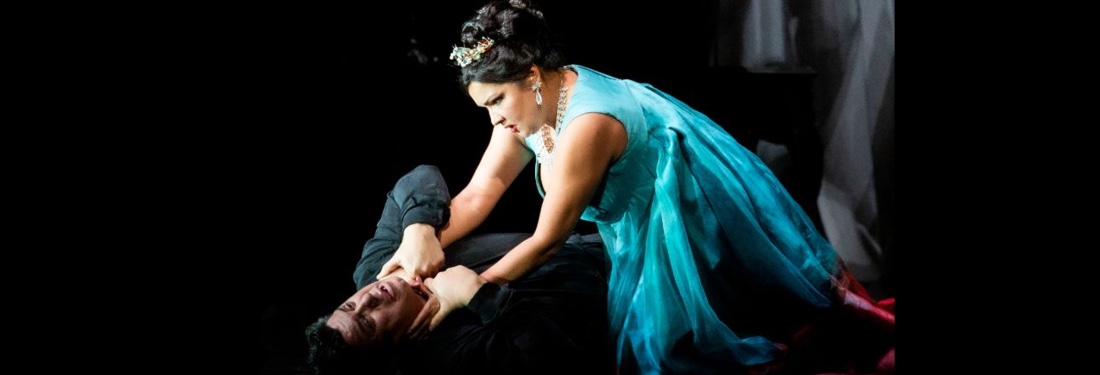







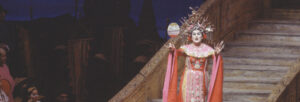
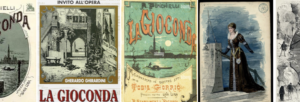



Comments